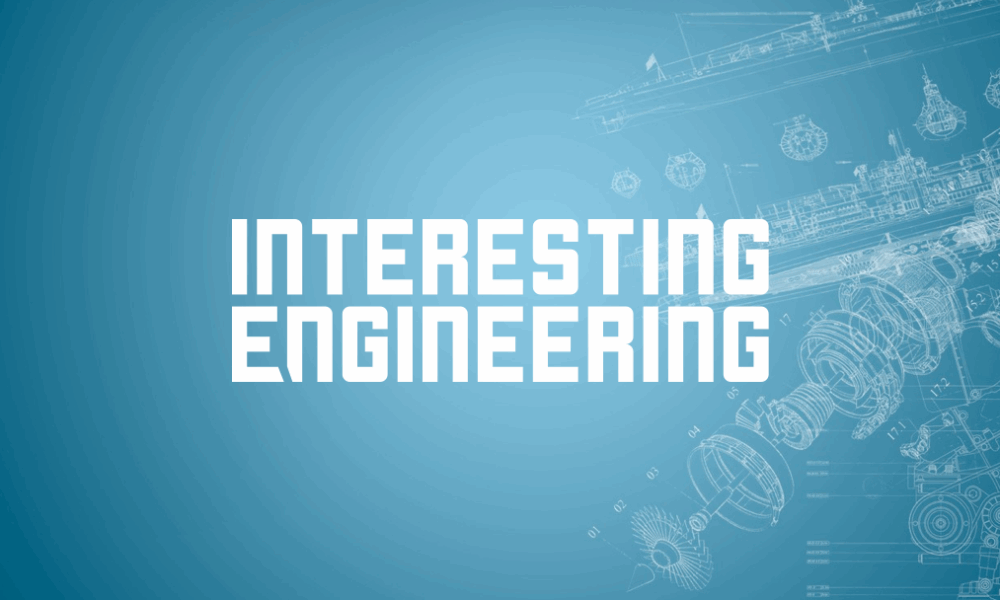President Donald Trump signed an executive order on March 4, 2024, aimed at accelerating scientific discovery through artificial intelligence. The initiative, known as the Genesis Mission, directs the U.S. Department of Energy and its national laboratories to create an integrated AI platform utilizing both existing and future supercomputing resources.
The Genesis Mission seeks to enhance research across various sectors, including federal government, academia, and private industry. It focuses on critical fields such as science, engineering, energy, and healthcare. The White House aims for the program to facilitate rapid advancements in areas like disease therapies, fusion energy, and advanced materials.
Michael Krastios, the president’s science adviser, emphasized the mission’s significance, calling it “the largest marshaling of federal scientific resources since the Apollo program.” He explained that AI technologies will automate experiment design, conduct intricate simulations, and generate predictive models. This capability could dramatically shorten the timelines for scientific discoveries from years to mere days or even hours.
“By fusing massive federal data sets, advanced supercomputing capabilities, and world-leading scientific facilities, the Genesis Mission will empower scientists to test bolder hypotheses and discover breakthroughs currently unreachable,” Krastios stated.
Initial Steps and Future Implications
To kick off the initiative, the program will leverage the resources of the Department of Energy’s 17 national laboratories, which are home to some of the world’s most advanced supercomputers. Additionally, there are plans to collaborate with private companies such as Nvidia and Dell, both of which have expressed interest in contributing AI supercomputing capacity to the project.
While the specifics regarding funding remain unclear, White House officials indicated that Congress may need to provide additional financial support to ensure the initiative’s long-term viability. “We will leverage all available resources and, with the help of Congress, continue to invest increasing amounts for the success of the mission,” remarked one official.
The impact of the Genesis Mission on healthcare is particularly promising. Officials noted that AI could significantly enhance scientists’ understanding of diseases that are currently seen as terminal. “We’ve seen significant progress in the last five years,” stated one official, “but it’s nothing compared to what we’re going to see in the next five years.”
A New Era of Discovery
The Genesis Mission marks a significant federal effort to incorporate AI into scientific research, signifying the beginning of a new era of accelerated discovery anchored in supercomputing. The initiative reflects a broader commitment to harnessing cutting-edge technology to address some of the most pressing scientific challenges of our time.
As the program unfolds, the collaboration between federal entities and private sector innovators could reshape the landscape of scientific research, potentially leading to breakthroughs that were previously considered unattainable. The Genesis Mission, with its ambitious goals and strategic partnerships, aims to transform the speed and efficiency of research across multiple disciplines, paving the way for future scientific advancements.







